For those with claustrophobia, camping can quickly turn from a fun outdoor adventure into an overwhelming challenge, especially at night. When confined to the tight quarters of a tent in the dark, the walls can feel like they're closing in, triggering intense anxiety and panic. The unfamiliar sounds of nature and the feeling of being trapped can make it difficult to relax and sleep, putting a damper on the whole camping experience.
Nighttime Claustrophobia Triggers in a Tent
When you're in a camping tent at night, claustrophobia can happen suddenly. Knowing the common triggers can help you be ready to handle your anxiety and enjoy camping.
1. Tight Spaces
The small space inside a tent can make you feel trapped. When the walls are close to you, it might seem hard to move around or breathe normally.
2. Darkness
At night, the darkness can make the tent feel even smaller and more cramped. This can cause or worsen feelings of claustrophobia.
3. Strange Noises
When you're camping, you might hear unfamiliar sounds like rustling leaves, hooting owls, or small animals moving around. These noises can make you feel more anxious and less safe in your tent.
4. Pre-Sleep Anxiety
For some people, just thinking about sleeping in a tight space can cause worry before bedtime. This anxiety can make it harder to relax and fall asleep.
If you're feeling very anxious about the tent was blown away by the wind and it's making it tough to enjoy camping, don't be afraid to talk to someone who can help, like a doctor or therapist. They can give you tools to manage your claustrophobia.
Step 1: Prepare for Sleep
Getting ready for bed the right way can help you deal with claustrophobia while camping. If you set up your canopy tent carefully and do relaxing things before sleep, you can feel less anxious and enjoy camping more.
Set Up Your Tent
When you're picking a place for your tent, think about what will make you feel most at ease. Try to find an open spot with some space around it, so you can see your surroundings. This can help you feel less closed in.
If you can, use a tent that's a little bigger size than what you need. Having extra room to move around can make you feel a lot more comfortable.
After setting up the tent, take a moment to tidy up inside. Keep your sleeping bag and other things neat and out of the way. The more open space you have, the less cramped you'll feel.
Relax Before Bed
What you do in the hour before bed can make a big difference in how fast you fall asleep and how well you sleep. Make a simple, calming routine to help your body and mind get ready for sleep.
Deep breathing is a great way to relax. Take slow breaths from your belly, focusing on the feeling of the air going in and out.
You can also try relaxing your muscles one group at a time. Start with your toes and work your way up to your head, gently squeezing and then releasing each muscle group.
Lastly, try focusing on the present moment. Notice the sounds and feelings around you without judging them. Or picture a peaceful, calming place in your mind, imagining what you might see, hear, smell, and feel there.
Step 2: Create a Comforting Sleep Environment
Making your chosen tent feel cozy and inviting can go a long way in easing claustrophobia symptoms. Here are some tips to create a sleep space that feels safe and comfortable.
Bring Familiar Comforts
Pack a few items from home that make you feel calm and secure. This could be a favorite pillow, a soft blanket, or even a stuffed animal. Having these familiar comforts can help your tent feel more like a cozy bedroom and less like a tight space.
Let in Fresh Air
When you're feeling closed in, a little fresh air can make a big difference. If the weather allows, try opening the tent vents or even the door a bit. The gentle breeze and outdoor scents can help you feel more connected to nature and less trapped.
Use Soft Lighting
Harsh, bright light can make a small space feel even more confining. Instead, use a soft, warm light inside your tent. A small battery-powered lantern with a low setting or a string of fairy lights can create a soothing ambiance that makes the space feel bigger.
You can also try using a red-tinted light. Red light is less stimulating for the brain, so it can be especially helpful when you're trying to wind down and fall asleep.
Keep Things Tidy
A cluttered tent can feel cramped and overwhelming. Take a few minutes before bed to tidy up and put away any gear you're not using. The more organized and open the space feels, the more at ease you'll be.
Step 3: Cope with Claustrophobia Strikes
Even if you've done everything you can to prevent it, claustrophobia can still happen. When it does, having some easy coping strategies can help you deal with the panic and feel more in control.
Grounding Techniques
Grounding techniques help you focus on the present moment instead of anxious thoughts. One way to do this is to use your senses. Take a moment to notice five things you can see, four things you can touch, three things you can hear, two things you can smell, and one thing you can taste.
You can also do a quick reality check. Remind yourself where you are, what you're doing, and that you're safe. You might say something like, "I'm in my tent, it's nighttime, and I'm okay. The walls aren't really closing in; it just feels that way because of my claustrophobia."
Breathing Exercises
When we panic, we often breathe too fast and not deeply enough, which can make anxiety worse. Doing breathing exercises can help calm your body and mind.
Box breathing is a simple technique you can do anywhere. Breathe in for a count of four, hold your breath for four, breathe out for four, and wait for four. Keep repeating this until you feel more relaxed.
Another option is the 4-7-8 method. Breathe in for a count of four, hold your breath for seven, and breathe out for eight. This helps slow your heart rate and encourages deeper, more relaxed breathing.
Mental Distractions
Sometimes, the best way to deal with claustrophobia is to distract your mind from the anxious thoughts. One way to do this is by counting or reciting something. You might count backwards from 100 by 7s, say the alphabet backwards, or name all the states or countries you can think of.
Visualization can also be a powerful tool. Close your eyes and picture a place where you feel calm, safe, and happy. It could be a favorite beach, a cozy room, or a beautiful hiking trail. Try to imagine what you might see, hear, feel, and smell in this peaceful place.
If You Need to Exit the Tent
Sometimes, even after trying coping strategies, the panicky feeling may be too much, and you may need to get out of the tent for a bit. That's perfectly fine! Leaving the small space can help you feel better right away and give you a chance to calm down.
1. Making It Easy to Get Out
Before you go to bed, make sure you can get out of the tent quickly and easily if you need to. Keep your flashlight or headlamp close by, and leave the tent door unzipped a little so you can open it fast.
If you're sharing the tent, let the other people know that you might need to go outside during the night. Make a plan together so you can leave without waking them up too much, and so they won't worry if they see you're gone.
2. Calming Down Outside
Once you're out of the tent, take a moment to enjoy the open space around you. Take some deep breaths of the cool night air, and do a quick grounding exercise. You can find a log or rock to sit on nearby, or just stand up and stretch a little.
If it helps, you can walk around the campsite a bit. Just don't go too far so you can easily find your way back to the tent. Pay attention to how your feet feel on the ground and the nighttime sounds around you.
3. Deciding What to Do Next
After a few minutes outside, check in with yourself. If you feel calmer and ready to try sleeping again, go back into the tent. You might want to do a quick breathing or visualization exercise once you're inside to help you relax.
If you still feel very anxious, it's okay to stay outside a little longer. If the weather is good, you could even think about sleeping under the stars for the rest of the night. Just make sure you have a warm sleeping bag or blanket, and let your camping buddies know where you'll be.
Enjoy Camping Tent Even with Claustrophobia
Dealing with claustrophobia while camping takes time and practice. But by getting your tent ready, having a relaxing bedtime routine, and using coping tools, you can handle your anxiety and have fun outdoors. Don't let claustrophobia stop you from camping. With some planning and being kind to yourself, you can sleep well in your tent and enjoy your adventure.

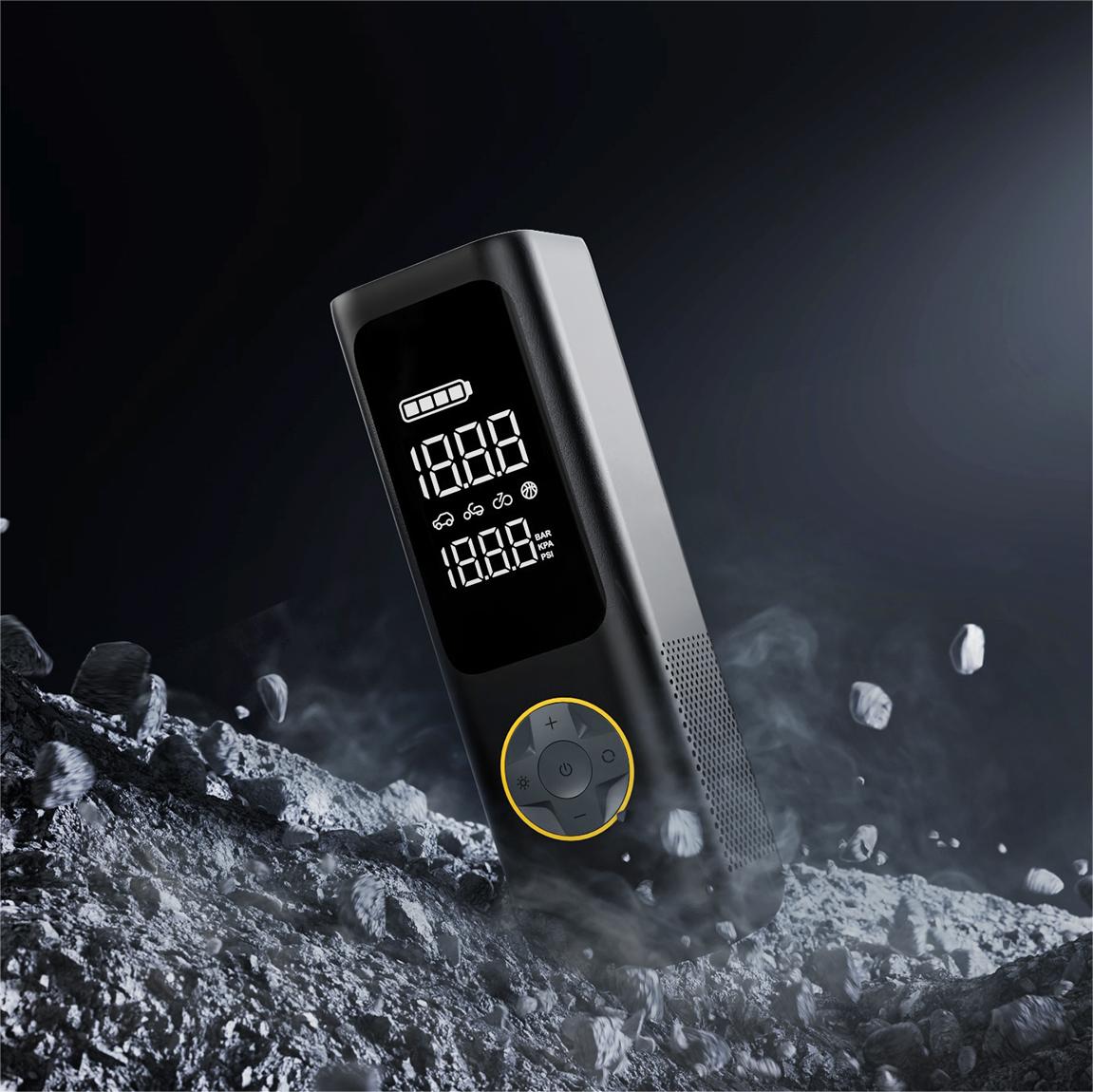
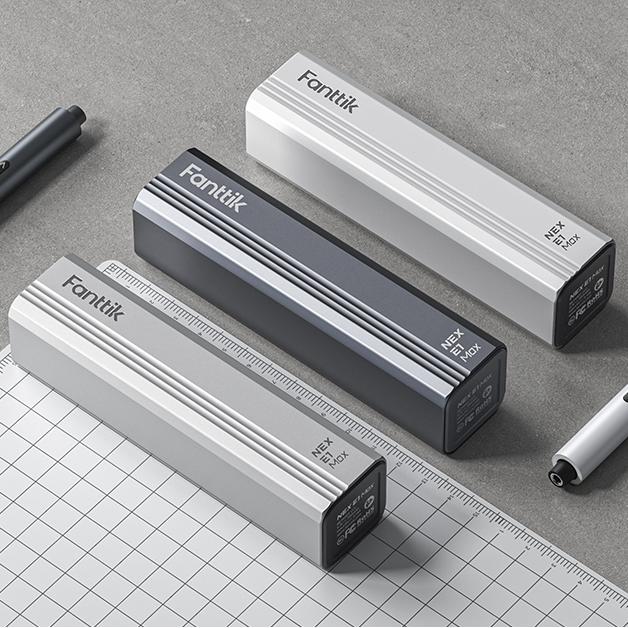
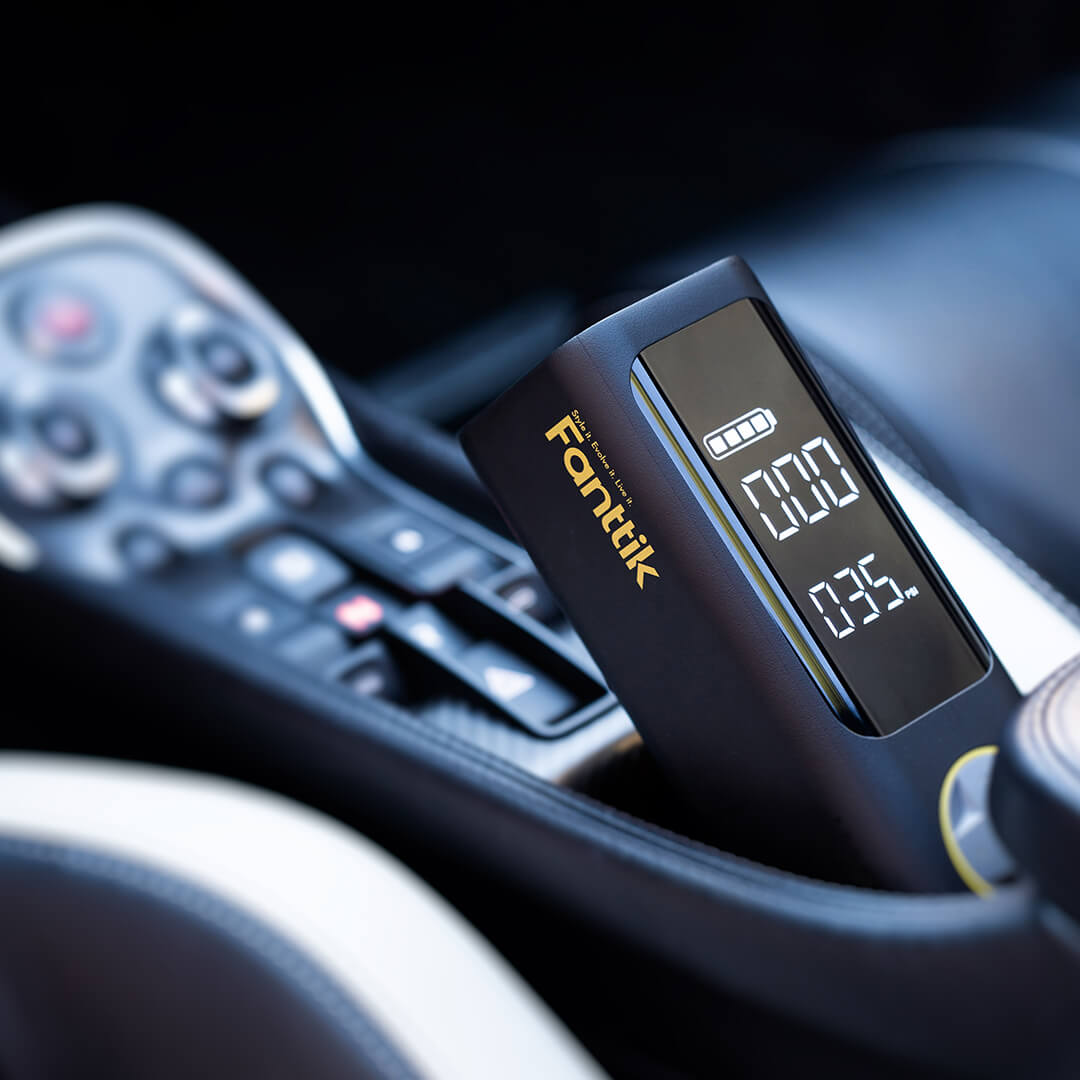
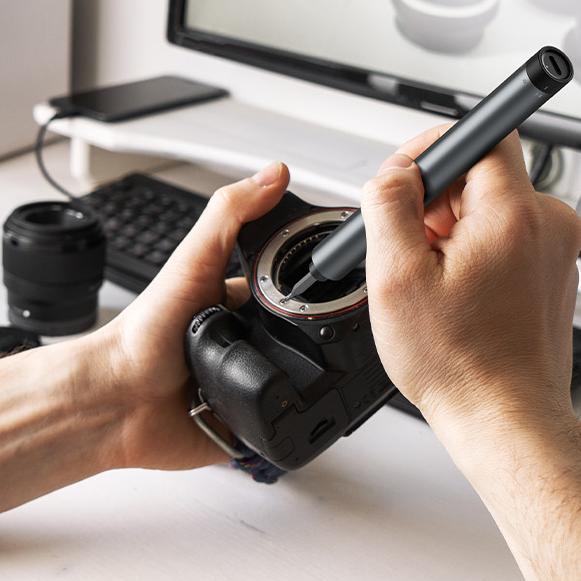
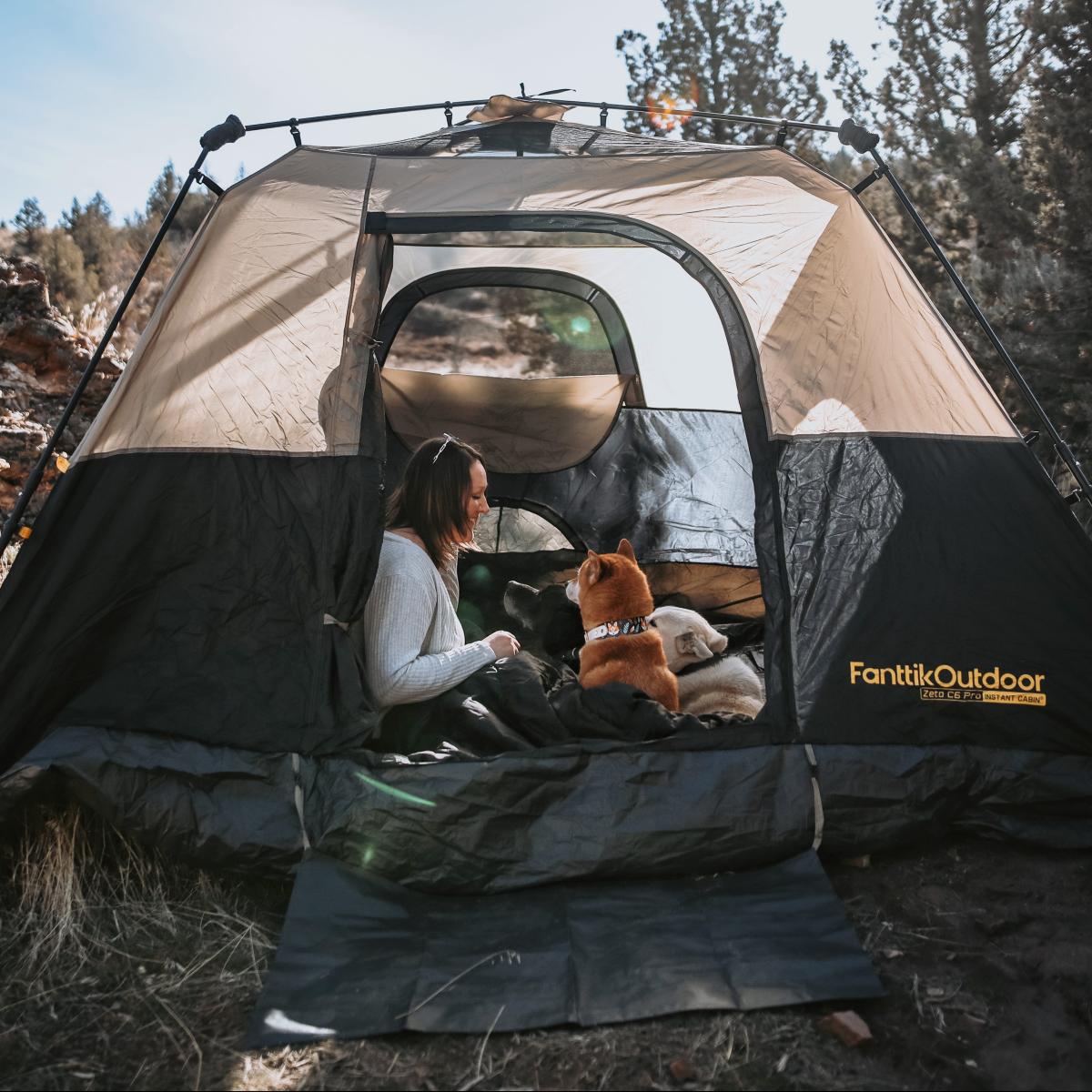
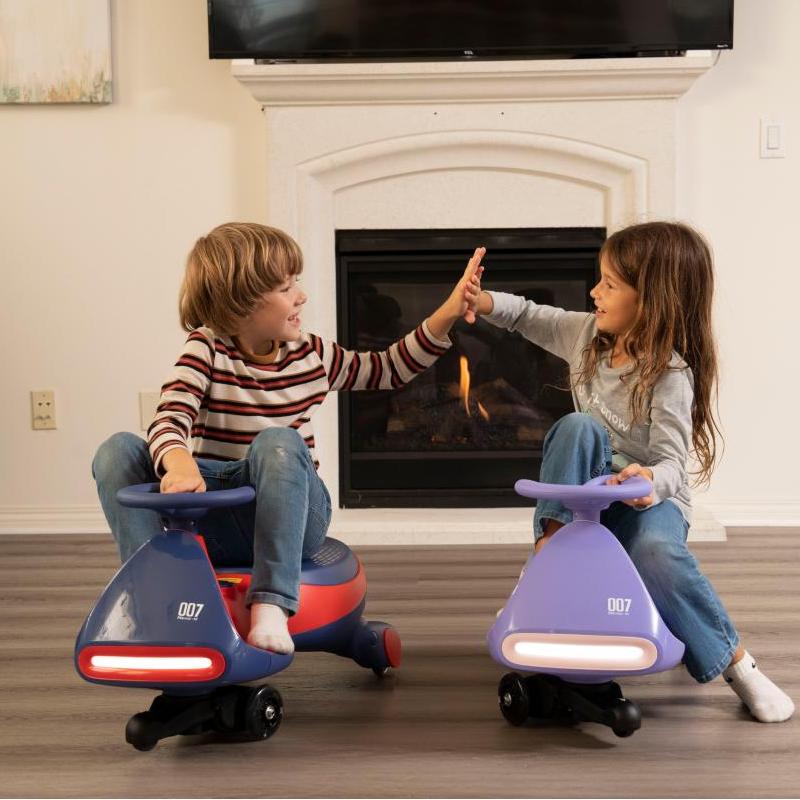
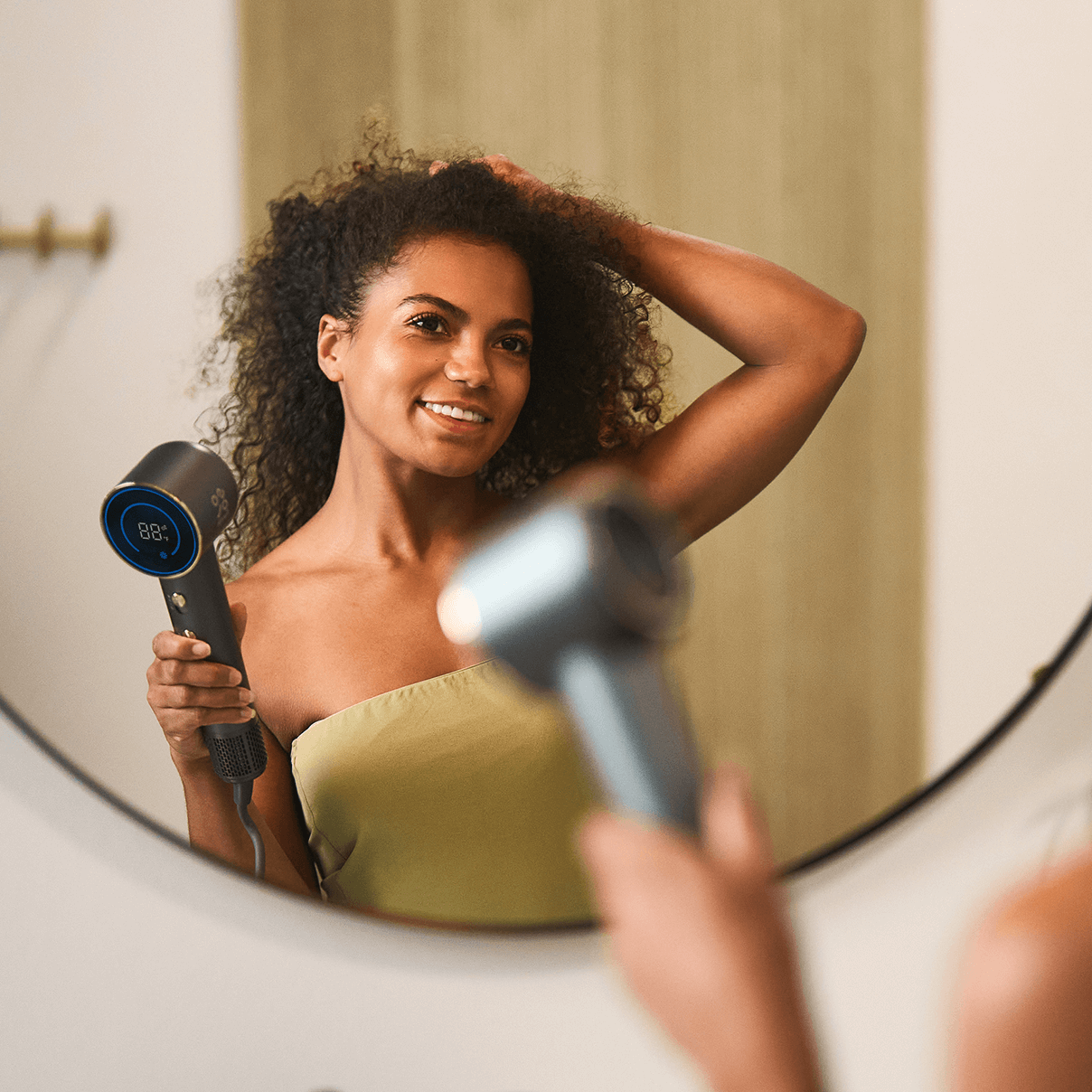


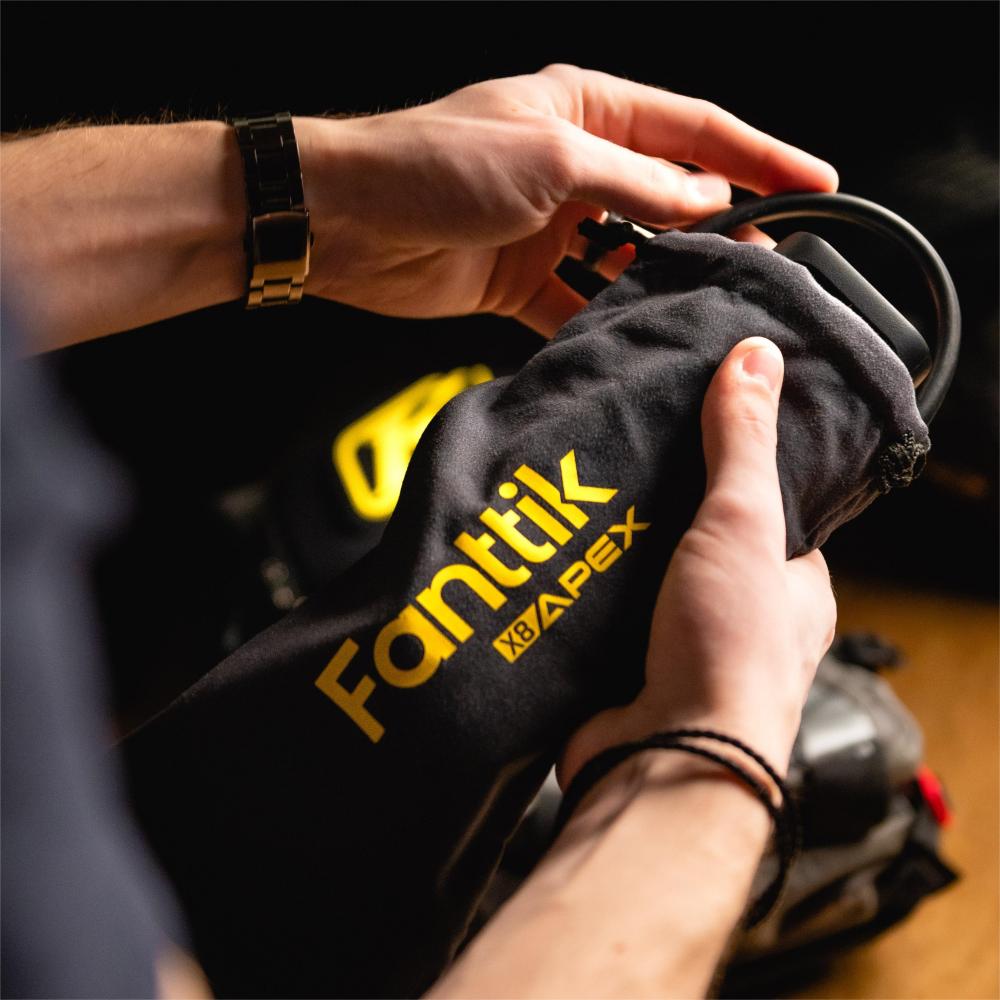
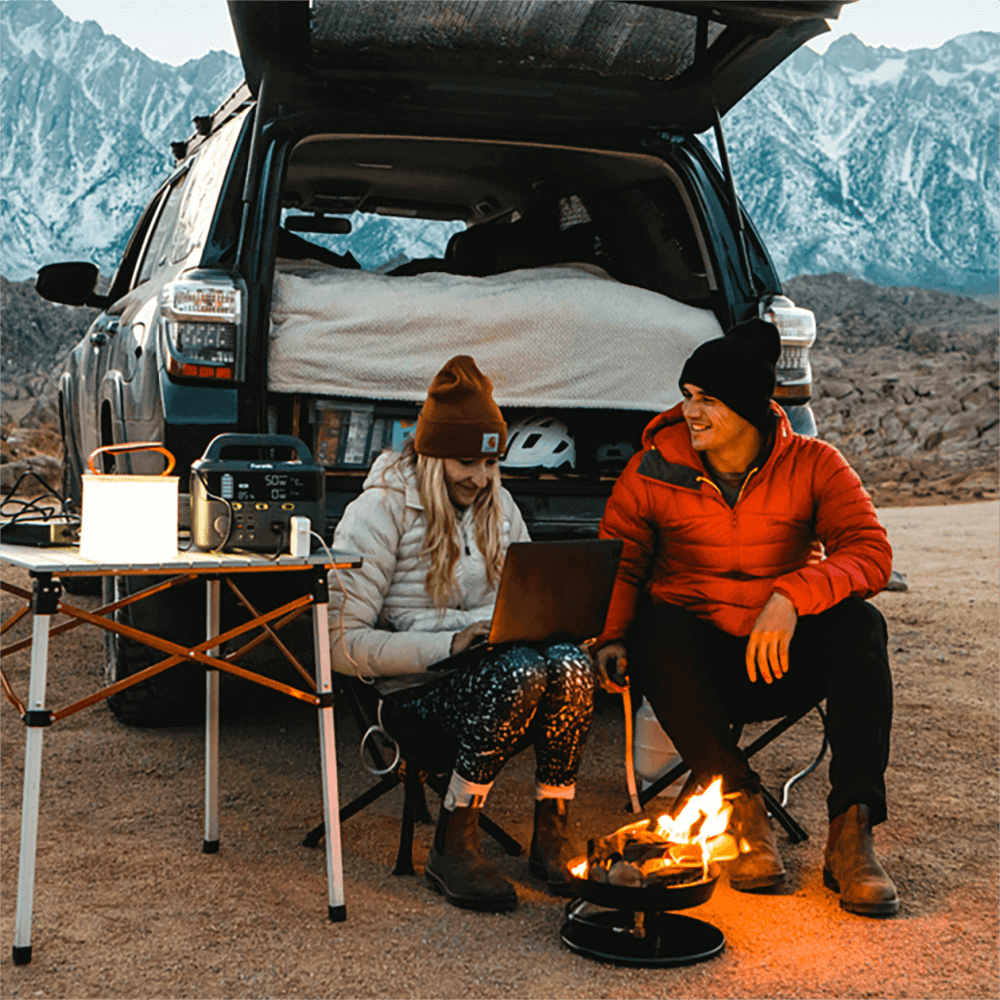
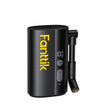
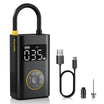
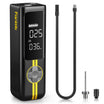
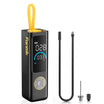
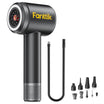
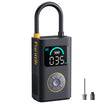
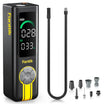

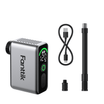
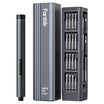
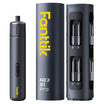
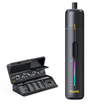

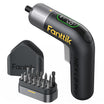
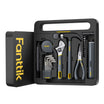
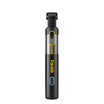
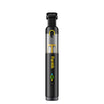
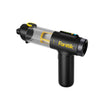
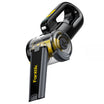
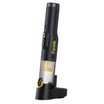
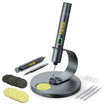
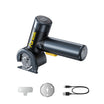
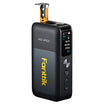
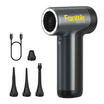

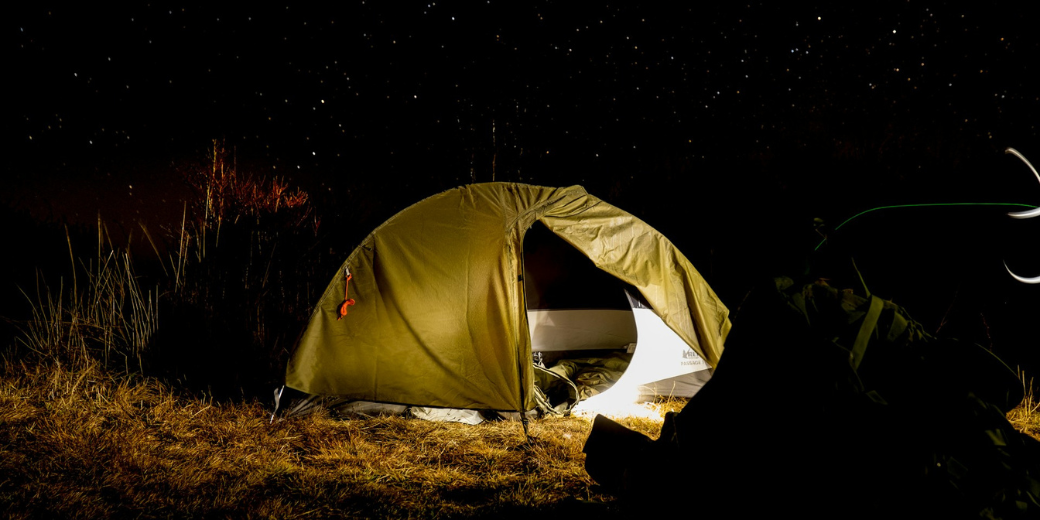
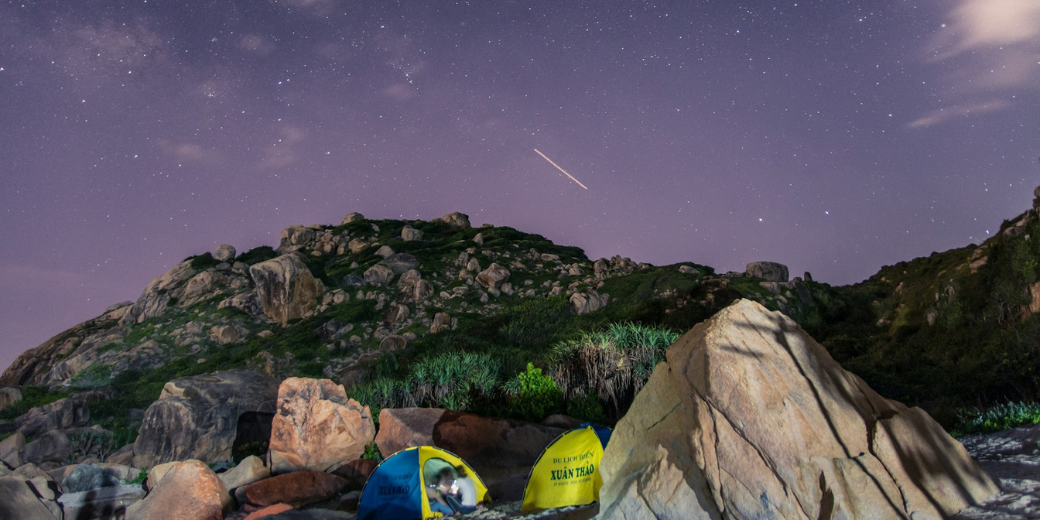
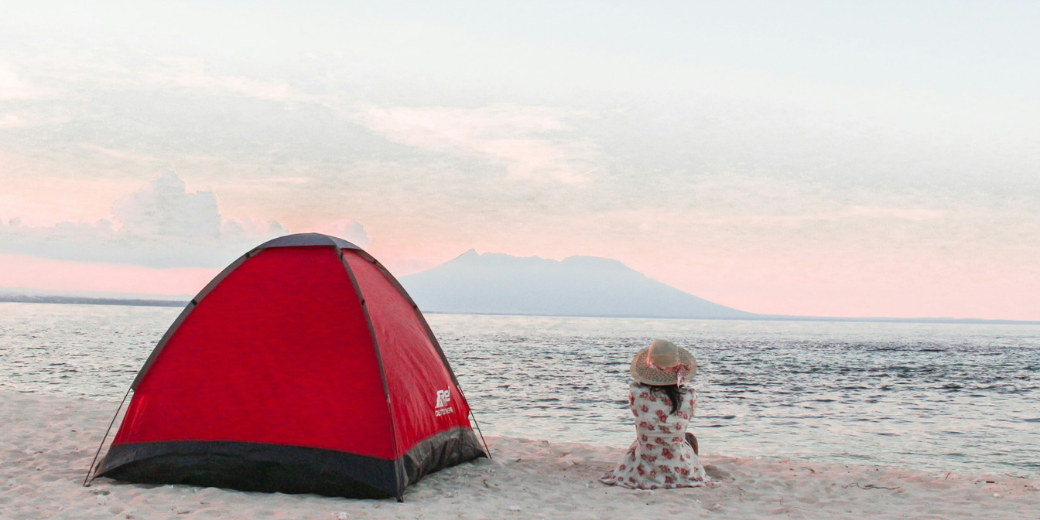
Leave a comment
All comments are moderated before being published.
This site is protected by hCaptcha and the hCaptcha Privacy Policy and Terms of Service apply.